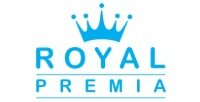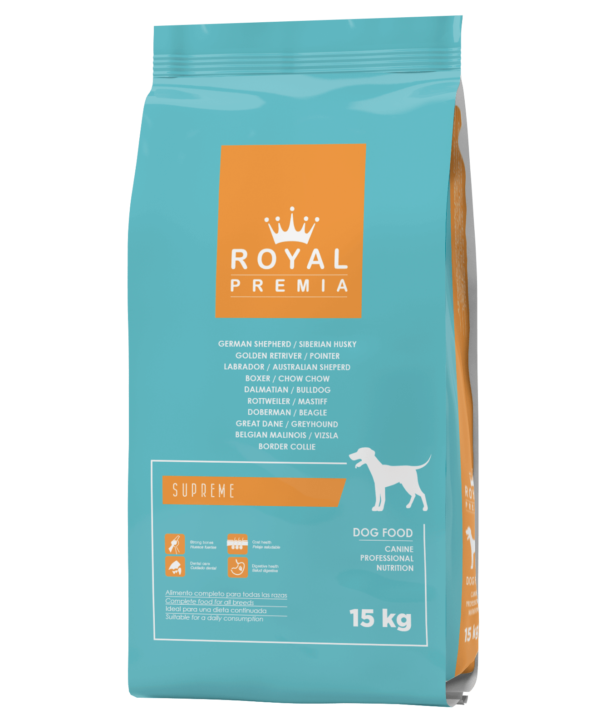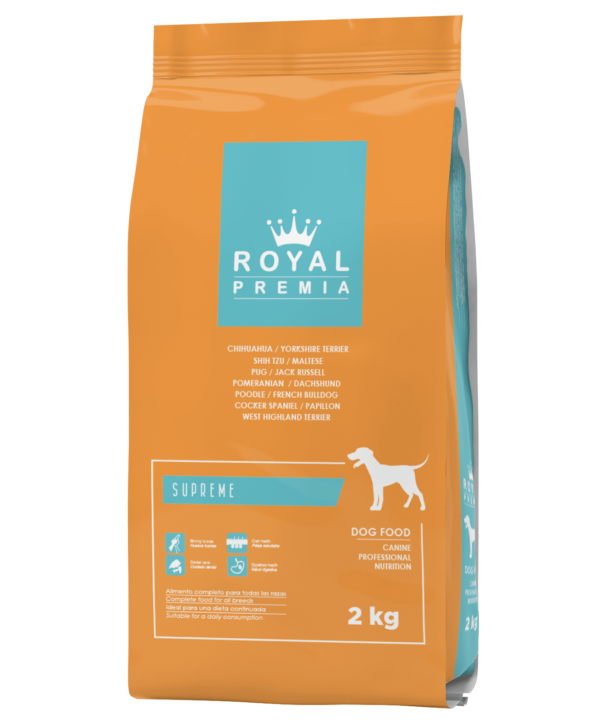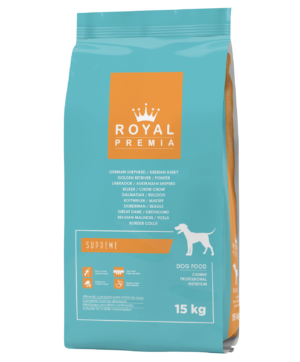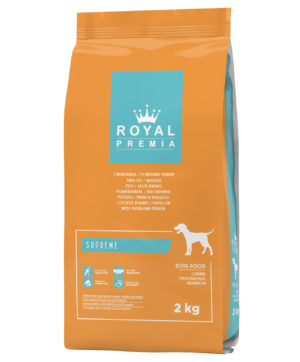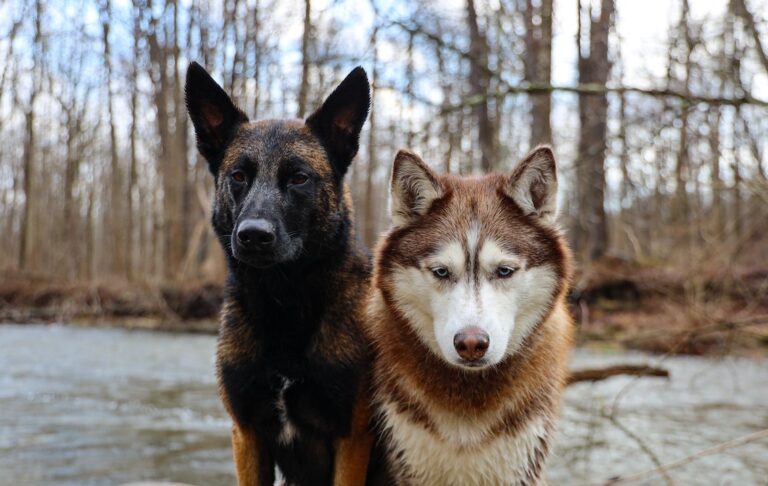Guide to Feeding Puppies and Dogs
Bringing a new dog or puppy into your home is an exciting time, but it also comes with the responsibility of ensuring they receive proper nutrition. dogs have specific dietary needs that must be met to keep them healthy and happy.
with a human-friendly guide on how to feed your dog and puppy, including essential nutrients, feeding schedules, portion control and common mistakes to avoid.
Understand Nutritional Needs
Dogs require a balanced diet that consists of proteins, carbohydrates, fats, vitamins, and minerals. The primary source of nutrition for dogs should be high-quality commercial dog food that is formulated to meet their specific requirements. Look for brands that list meat as the main ingredient and avoid those containing excessive fillers, artificial additives or preservatives.
Choose the Right Food
Consider your dog’s age, breed, size, and any specific health concerns when selecting the appropriate food. Puppies generally require specially formulated puppy food until they reach adulthood. Large breed puppies have different nutritional needs compared to small or medium-sized breeds. Consult your veterinarian to determine the best diet for your dog or puppy.
Establish a Feeding Schedule
Dogs thrive on routine, so it’s essential to establish a consistent feeding schedule. Adult dogs usually benefit from being fed twice a day, while puppies may require three to four smaller meals throughout the day. Stick to a set feeding time and avoid free-feeding to maintain a healthy weight and prevent overeating.
Portion Control
Proper portion control is crucial to prevent obesity and related health issues. Read the feeding guidelines provided by the dog food manufacturer and adjust the portion size based on your dog’s age, activity level and metabolism. Avoid feeding too many treats or table scraps, as they can contribute to weight gain and nutritional imbalances.
Provide Fresh Water
Make sure your dog has access to clean, fresh water at all times. Change the water regularly and ensure the bowl is easily accessible. Proper hydration is essential for digestion, temperature regulation, and overall health.
Monitor Body Condition
Regularly assess your dog’s body condition to ensure they are maintaining a healthy weight. Run your hands over their ribcage; you should be able to feel the ribs without excessive fat covering them. If you notice sudden weight loss or gain, consult your veterinarian to adjust the feeding regimen accordingly.
Common Feeding Mistakes to Avoid
- Overfeeding: Avoid overfeeding your dog, as it can lead to obesity and associated health problems.
- Inadequate Dental Care: Promote good dental hygiene by providing dental chews or brushing your dog’s teeth regularly.
- Changing Diets Abruptly: Gradually transition your dog from one type of food to another over a week or two to prevent digestive upset.
Overall
Feeding your dog or puppy a well-balanced diet is crucial for their overall health and well-being. By understanding their nutritional needs, selecting appropriate food, establishing a feeding schedule, practicing portion control and avoiding common mistakes, you can ensure your furry friend receives the nourishment they require.
Remember, consulting your veterinarian is always beneficial for personalized feeding advice and recommendations based on your dog’s specific needs.
Royal Premia Dog Food
-
Basic Adult Dry Dog Food 15kg All Medium and Large Breeds
-
Basic Adult Dry Dog Food 2kg All Small Breeds
-
Supreme Dry Dog and Puppy Food 15kg All Medium and Large Breeds
-
Supreme Dry Dog and Puppy Food 2kg All Small Breeds
Frequently Asked Question
Should I feed my dog wet or dry food?
Both wet and dry dog food can be suitable choices, and it often depends on your dog’s preferences and specific needs. Dry food is convenient, has a longer shelf life, and can help promote dental health. Wet food can be more palatable for picky eaters and provides additional moisture. You can also mix both types or seek your veterinarian’s advice.
How can I tell if my dog is overweight or underweight?
Regularly assess your dog’s body condition by feeling their ribcage. You should be able to feel the ribs without excessive fat covering them. If you are unsure about your dog’s weight, consult your veterinarian, who can provide guidance and help you determine the appropriate feeding regimen.
Can I give my dog treats?
Yes, you can give your dog treats, but do so in moderation. Treats should not exceed 10% of your dog’s daily calorie intake. Opt for dog-approved treats that are specifically made for them.
